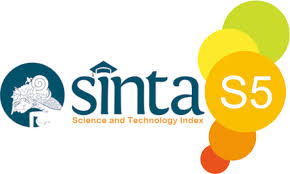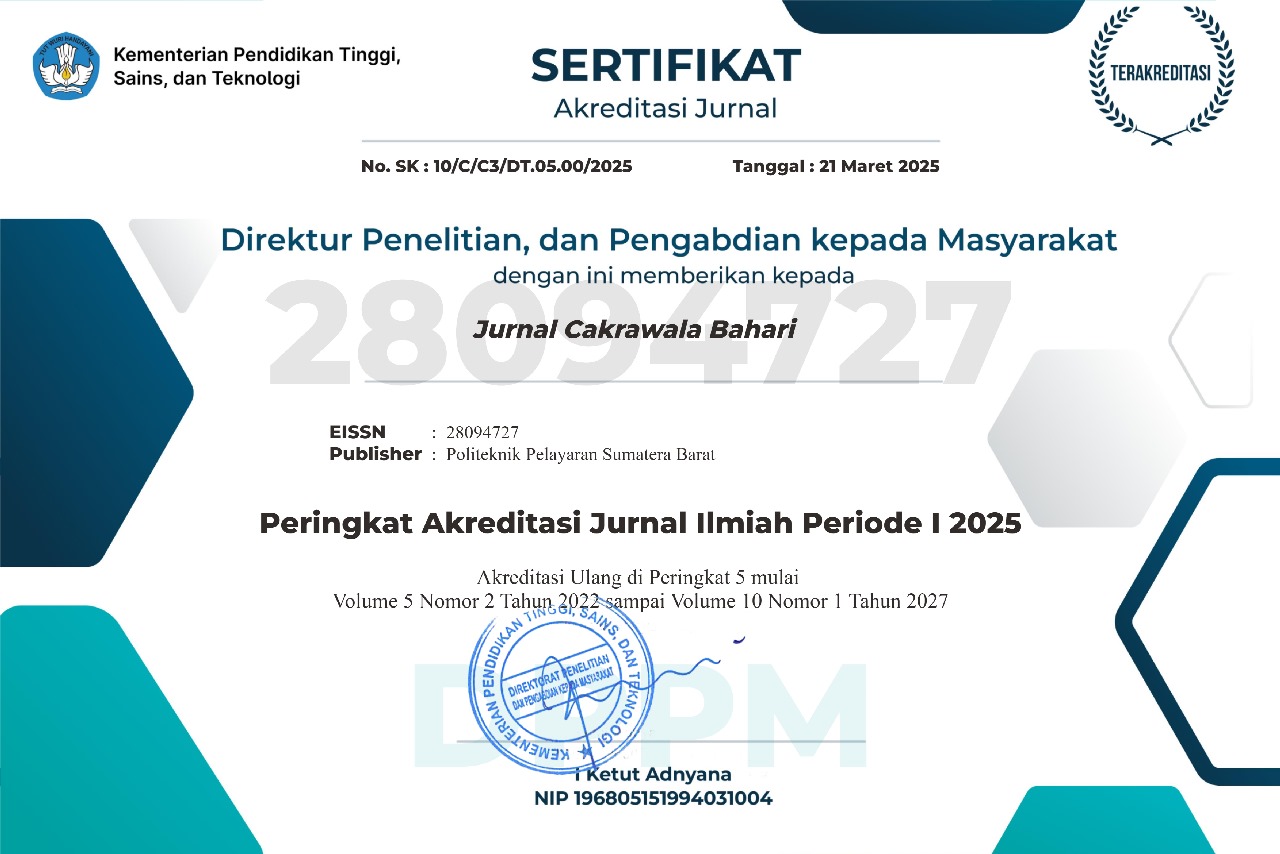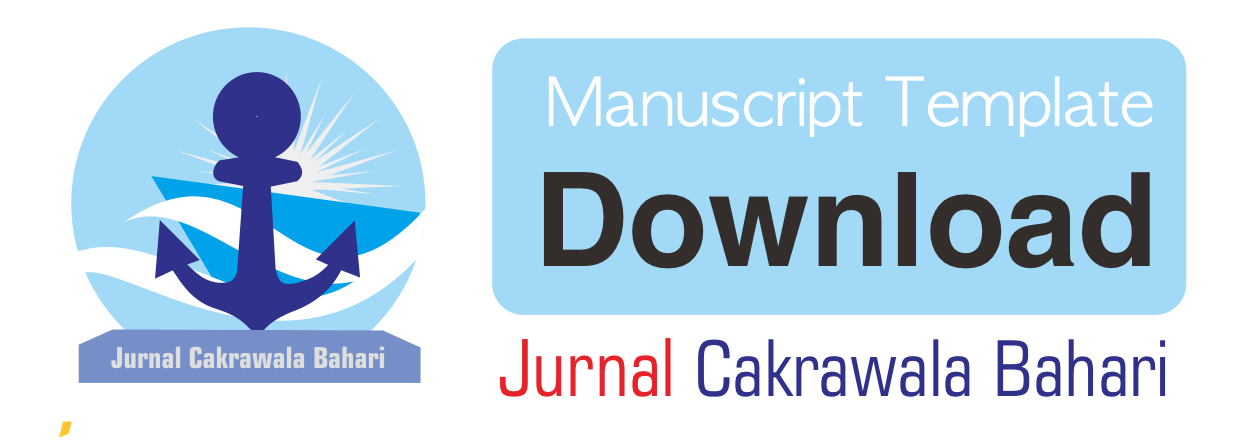The Effect of Work Stress on Crew Performance on the FSO Ship Gagak Rimang PT Equinox Bahari Utama
DOI:
https://doi.org/10.70031/jkb.v8i1.118Abstract
This study aims to determine whether stress affects crew performance and to understand the nature of that influence, particularly among crew members serving on the FSO Gagak Rimang vessel operated by PT Equinox Bahari Utama. In the maritime industry, human resources (HR) play a crucial role in ensuring vessel operations run smoothly and in achieving company objectives. Understanding the extent to which stress impacts crew performance is essential, as optimal performance is necessary to maintain operational efficiency. In this study, stress was measured using indicators such as workload, leadership attitude, working hours, conflict, communication, and job authority, while performance was assessed through indicators including quantity, quality, teamwork, responsibility, and initiative. A quantitative research method was employed, with statistical analysis conducted using SPSS version 27. The results revealed a significant negative relationship between stress and crew performance, with a correlation coefficient of 0.883, indicating that higher levels of stress are associated with lower performance. Simple regression analysis showed that stress accounts for 77.9% of the variation in crew performance, while the remaining 22.1% is influenced by other factors not examined in this study. Therefore, it can be concluded that stress has a significant and negative impact on the performance of crew members at PT Equinox Bahari Utama. Based on these findings, the company is encouraged to consider implementing measures to manage crew stress in order to enhance overall performance.
Downloads
Downloads
Published
How to Cite
Issue
Section
License
Copyright (c) 2025 Danty Saajidah Putri Yesa, Juliandri Hasnur

This work is licensed under a Creative Commons Attribution-ShareAlike 4.0 International License.







